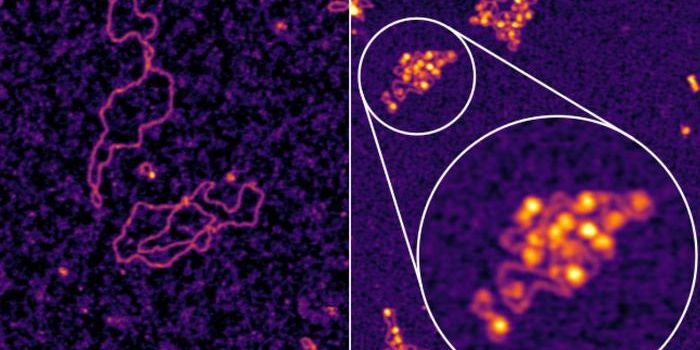Promising New Myasthenia Gravis Drug Completes Phase 3 Trial
Zilucoplan, a peptide inhibitor under investigation for the treatment of generalized myasthenia gravis in adults, was found to be well tolerated in a phase 3 trial.
Myasthenia gravis is a rare autoimmune disease where antibodies block communication between nerve and muscle cell receptors in skeletal muscles. This causes muscle weakness that can be focal or more generalized, potentially affecting the ability to speak, see, walk and even breathe. It's estimated to affect nearly 200,000 patients in the US, the European Union and Japan.
Although the exact target of antibodies in myasthenia gravis can differ, most patients with generalized myasthenia gravis have autoantibodies that can block and destroy the nicotinic acetylcholine receptor found on muscle cells. With good response to appropriate treatment, muscle weakness can be reversed and minimized because these receptors can regenerate once the antibodies targeting them are blocked or reduced.
In myasthenia gravis patients with acetylcholine receptor antibodies, which are detected in blood tests, these antibodies activate immune cells known as complements that attack the acetylcholine receptor. Drug therapies that target the complement component 5 were found to be effective for myasthenia gravis when the FDA approved the monoclonal antibody eculizumab for myasthenia gravis in 2017.
Zilucoplan is a self-administered subcutaneous injection that binds to and inhibits complement component 5. Inhibiting complement component 5 prevents what's known as the terminal complement complex from destroying the acetylcholine receptors on the surface of muscle cells. This is a more targeted approach than typical firstline, non-specific immunosuppressants like corticosteroids that cause a range of side effects.
Unlike eculizumab that is restricted to myasthenia patients who haven't responded to other medications, zilucoplan is intended for a broader MG patient population, including those early in the disease course who haven't exhausted all medication options. Eculizumab is also more difficult to administer - it's taken as an IV infusion and administered by a nurse or at an infusion center.
Based on a profile examining activities of daily living, myasthenia gravis patients receiving zilucoplan in the phase 3 trial reported clinically meaningful improvement by week 12 compared to placebo.
Significant improvements from baseline were also reported on 3 other measures for disease severity after 12 weeks of treatment.
The safety profile of zilucoplan was found to be similar to the placebo administered.
Sources: Medscape, JAMA Neurology, StatPearls








